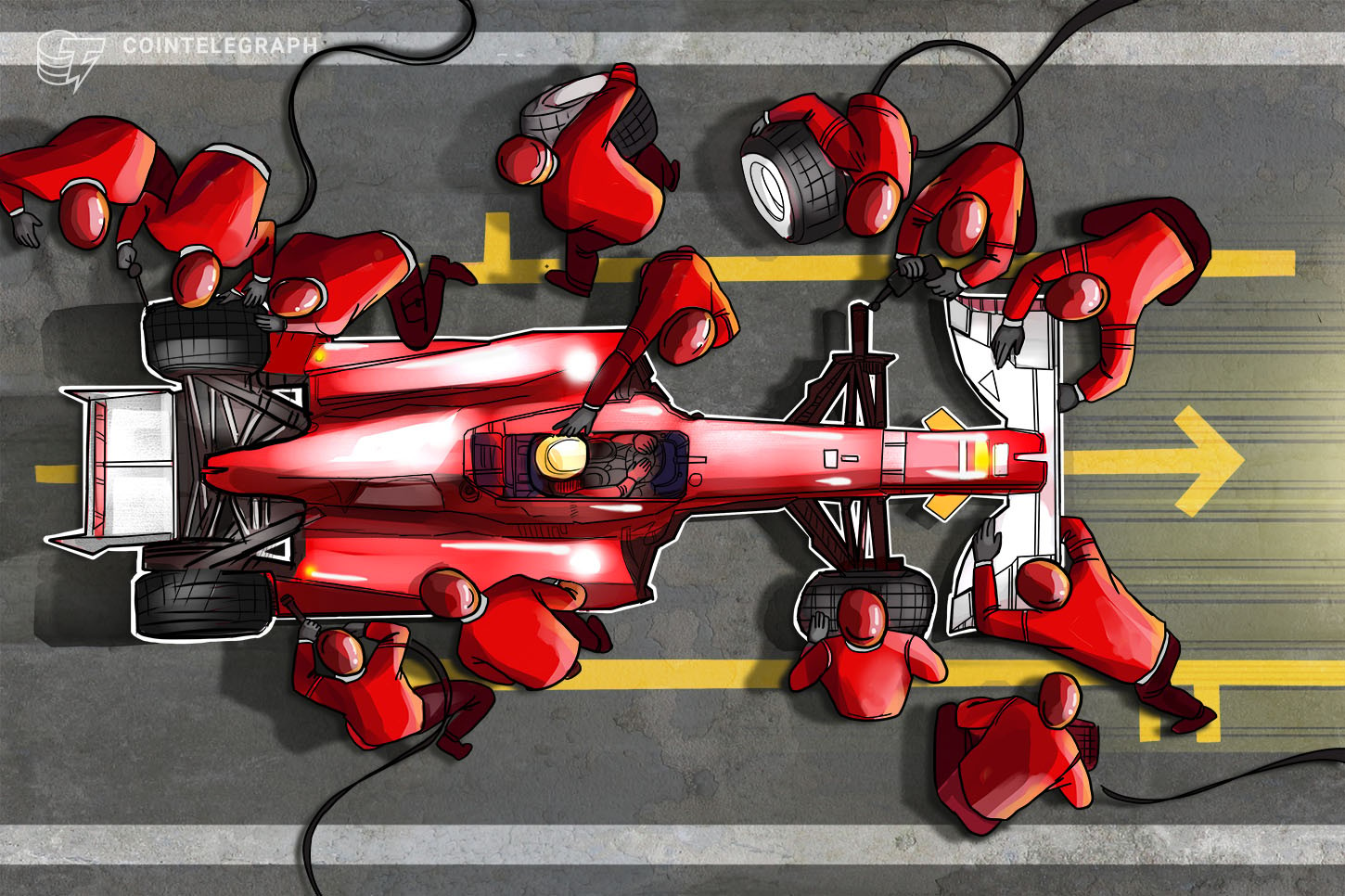Blockchain security firm CertiK has released a demo and language reference manual for its smart contract-focused DeepSEA programming language.
Both CertiK and its affiliated R&D academic projects have received funding from the likes of Binance Labs, the Ethereum Foundation and Qtum. The firm shared details of the new release with Cointelegraph on Feb. 21.
The DeepSEA demo, compiler and language reference manual released this week aims to give developers an in-depth and hands-on insight into the language’s design.
A language fit for purpose
DeepSEA is a smart contract functional programming language that was originally created at the research lab of Professor Zhong Shao, department chair of computer science at Yale and the co-founder of Certik together with Ronghui Gu, an assistant professor of computer science at Columbia University.
While initially designed for the implementation of system software, DeepSEA’s developers later re-oriented toward its use for the formal verification and audit of smart contracts and blockchain protocols.
They have argued that existing languages are ill-suited to the formal verification procedures needed to properly safeguard against the high risks associated with potential smart contract vulnerabilities.
These risks are tied to smart contracts’ self-executing and immutable character — as the “code is law” adage would have it — and Professor Gu has in the past made the case for DeepSEA by pointing to its earlier implementations in mission-critical hardware systems such as the NASA Mars Rover.
The researchers have critiqued languages such as Solidity and Facebook’s Move, arguing that DeepSEA is significantly more secure and fit for purpose. By using mathematical proofs (formal verification), they claim it can ensure blockchain infrastructure is “bug-free and hacker-resistant.”
Its release comes ahead of the company’s forthcoming CertiK Chain Mainnet 1.0 launch in spring 2020, after its beta launch last November. The mainnet is fully interoperable with Ethereum — allowing existing Solidity smart contracts to run without friction — and the Cosmos network, and is intended for the use of multiple applications such as decentralized finance and staking.
Professor Gu has said the developers plan to integrate DeepSEA with the CertiK Chain later this year.
Major South Korean cryptocurrency exchange Coinone has also partnered with CertiK to audit projects and take preventative measure against code security exploits.


